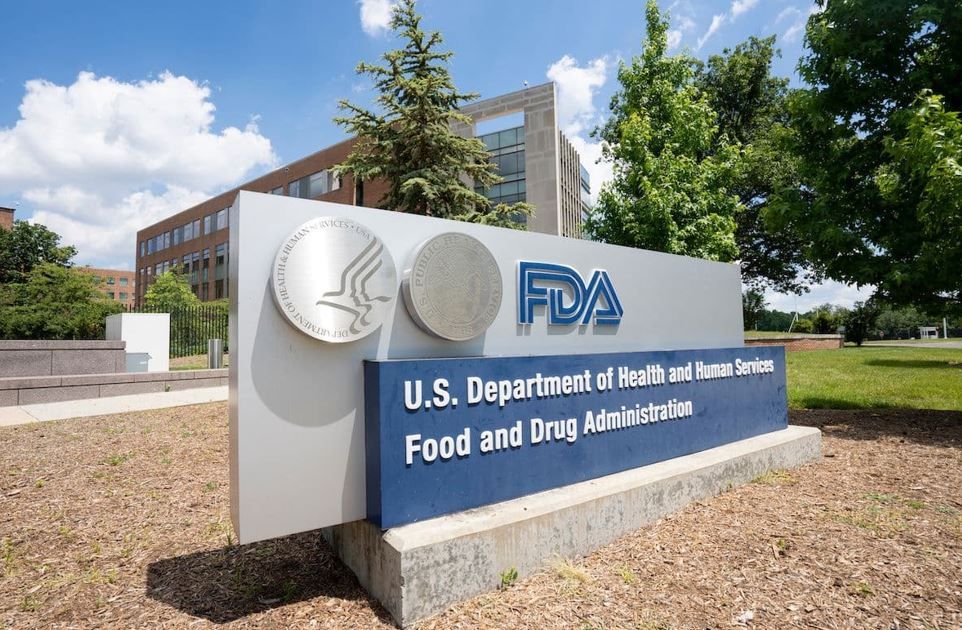- Clinical Technology
- Adult Immunization
- Hepatology
- Pediatric Immunization
- Screening
- Psychiatry
- Allergy
- Women's Health
- Cardiology
- Pediatrics
- Dermatology
- Endocrinology
- Pain Management
- Gastroenterology
- Infectious Disease
- Obesity Medicine
- Rheumatology
- Nephrology
- Neurology
- Pulmonology
FDA Advisory Panel Recommends Continued Use of Monovalent JN.1 Strain for COVID-19 Vaccines
FDA panel endorses continued use of monovalent JN.1 strain for COVID-19 vaccines, aligning with global health recommendations amid evolving variants.
©Tada Images/AdobeStock

The US FDA Vaccines and Related Biological Products Advisory Committee (VRBPAC) last week unanimously voted to recommend that COVID-19 vaccines for the 2025–2026 respiratory virus season continue to target the monovalent JN.1 lineage.1
In the session held May 22, 2025, committee members did not endorse a specific sublineage of JN.1 but aligned its recommendation with similar recent guidance from international health agencies.1
“[Last year] we were trying to make a very similar decision about JN.1 where there were other variants appearing at that time and we decided to stay with it,” Archana Chatterjee, MD, PhD, VRBPAC voting member and vice president for medical affairs at Rosalind Franklin University of Medicine and Science in North Chicago, Illinois, said after the vote. “Even though we’ve heard from the CDC and some others that perhaps this may not be the variant that we end up with in the fall, this is the closest to it that we can probably get.”1
Although JN.1 itself is not circulating in the US its subvariants are the dominant circulating strains right now, with LP.8.1 making up about 70% of cases and XFC — a recombinant strain resulting from a combination of the LF.7 and LP.8.1 viruses — accounting for 9% of infections, according to the latest CDC estimates.2
The May 22, 2025, session marked the fourth VRBPAC meeting to address COVID-19 vaccine strain selection and the first since December 2024. During the meeting, committee members reviewed data from federal health agencies, the World Health Organization (WHO), and vaccine manufacturers on current SARS-CoV-2 variant circulation and vaccine performance. Presenters included representatives from the WHO COVID-19 vaccine composition group and scientists from 3 major vaccine developers.1
The recommendation follows recent guidance from global health bodies. On May 15, 2025, the WHO COVID-19 vaccine composition committee endorsed JN.1 and KP.2 strains as appropriate targets and identified LP.8.1 as a viable alternative. On May 17, the European Medicines Agency suggested prioritizing LP.8.1, though it acknowledged that JN.1 and KP.2 vaccines remain acceptable while LP.8.1-based vaccines are being developed.
The meeting occurred amid ongoing discussion about a new FDA framework that would limit routine COVID-19 vaccination recommendations to adults aged 65 years and older and individuals at elevated risk of severe illness.3 Earlier last week, the FDA approved Novavax’s protein-based COVID-19 vaccine, making it the only approved non-messenger RNA vaccine to prevent SARS-CoV-2 infection. However, the approved indication is restricted to adults aged 65 years and older, plus individuals 12-64 years with underlying conditions that increase their risk for severe COVID-19 outcomes.4
The FDA last week also announced that before the agency authorizes COVID-19 boosters, they will be requiring randomized, controlled studies evaluating actual clinical outcomes (such as symptomatic illness, hospitalization, and death) for healthy individuals between 6 months and 64 years of age.3
When wrapping up the meeting, David Kaslow, MD, director of the Office of Vaccines Research and Review at the FDA's Center for Biologics Evaluation and Research, said the FDA will issue a final decision based on VRBPAC’s input.1
References:
- US Food and Drug Administration. Vaccines and Related Biological Products Advisory Committee May 22, 2025 Meeting. YouTube. May 22, 2025. Accessed May 27, 2025. https://www.youtube.com/live/WX8rfa_f5o0
- CDC. COVID data tracker: Variant proportions. https://covid.cdc.gov/covid-data-tracker/#variant-proportions. Updated May 22, 2025. Accessed May 27, 2025.
- Halsey G. FDA Narrows COVID-19 Vaccine Access to High-Risk Groups, Demands New Trials for Healthy Adults. Patient Care Online. May 21, 2025. https://www.patientcareonline.com/view/fda-narrows-covid-19-vaccine-access
- Halsey G. FDA Grants Novavax COVID-19 Vaccine Full Approval for High-Risk Groups. Patient Care Online. May 20. 2025. https://www.patientcareonline.com/view/fda-grants-novavax-covid-19-vaccine-full-approval-for-high-risk-groups
